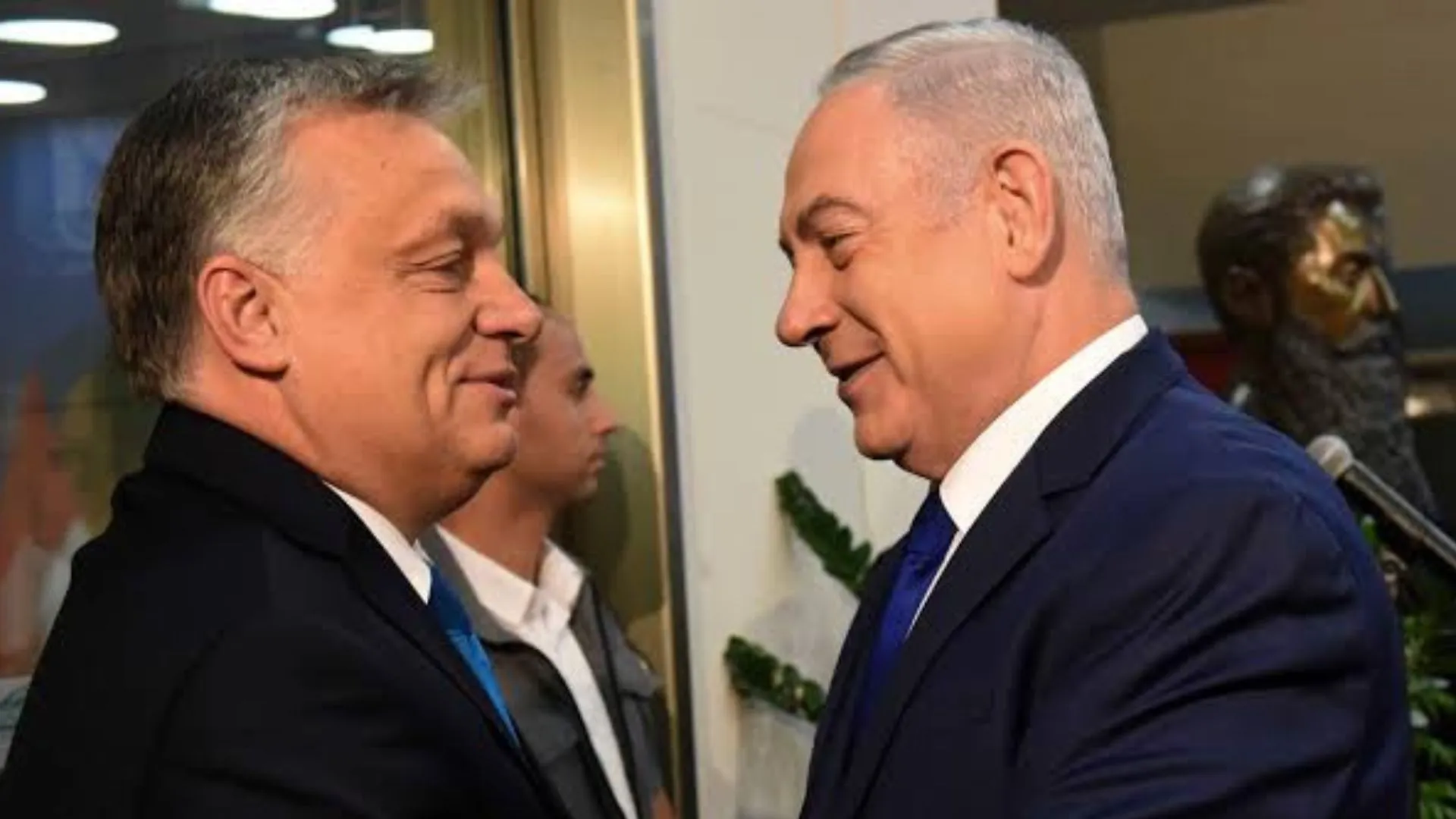The Quadrilateral Security Dialogue (Quad) reaffirmed its unwavering commitment to a free and open Indo-Pacific, as well as its strong support for peaceful dispute resolution without the use of threats or force, as well as freedom of navigation and overflight.
The Quad Foreign Ministers conducted a thorough review of issues ranging from Indo-Pacific to ASEAN. External Affairs Minister S Jaishankar presided over the meeting, which was also attended by Australian Foreign Minister Penny Wong, Japanese counterpart Yoshimasa Hayashi, and US State Department Secretary Antony Blinken.
“Our meeting today reaffirms the Quad’s steadfast commitment to supporting a free and open Indo-Pacific, which is inclusive and resilient. We strongly support the principles of freedom, rule of law, sovereignty and territorial integrity, peaceful settlement of disputes without resorting to threat or use of force, and freedom of navigation and overflight and oppose any unilateral attempt to change the status quo, all of which are essential to the peace, stability, and prosperity of the Indo-Pacific region and beyond,” according to the statement released by Quad.
These remarks came against the backdrop of China’s growing assertiveness in the region. During the meeting, Foreign Ministers stated that the Quad, as a force for regional and global good, will be guided by the Indo-Pacific region’s priorities through its positive and constructive agenda.
Quad Foreign ministers sought regional support through practical cooperation on current challenges such as health security, climate change and the transition to clean energy, critical and emerging technologies, infrastructure, and connectivity. Foreign ministers also discussed the debt crisis, space cooperation, cyber security, humanitarian aid and disaster relief (HADR), maritime security, and counter-terrorism.
Concerning the UN Security Council reforms, Quad stated that they reiterated their unwavering support for the UN Charter, including the expansion of the international organization’s permanent and non-permanent seats.
“We concur that the rules-based international order is anchored in international law, including the UN Charter, and the principles of sovereignty, political independence, and territorial integrity of all states. We are committed to cooperating to address attempts to unilaterally subvert the UN and international system, in consultation with our partners and through multilateral and international platforms,” the statement read.
“We reiterate our unwavering support for the UN Charter, including its three pillars, and our steadfast commitment to strengthening the UN and international system through a comprehensive reform agenda, including expansion in permanent and non-permanent seats of the UN Security Council. In this regard, we commit to active and constructive engagement in the Inter-Governmental Negotiations (IGN) process on Security Council Reforms with an overall objective of making the UN Security Council more effective, representative, and credible,” it added.
The eighth edition of the Raisina Dialogue was inaugurated on Thursday by Prime Minister Narendra Modi, and the keynote speech was delivered by Italian Prime Minister Giorgia Meloni. The conference, themed ‘Provocation, Uncertainty, Turbulence: Lighthouse in the Tempest?’, is being attended by representatives from over 100 countries.




















